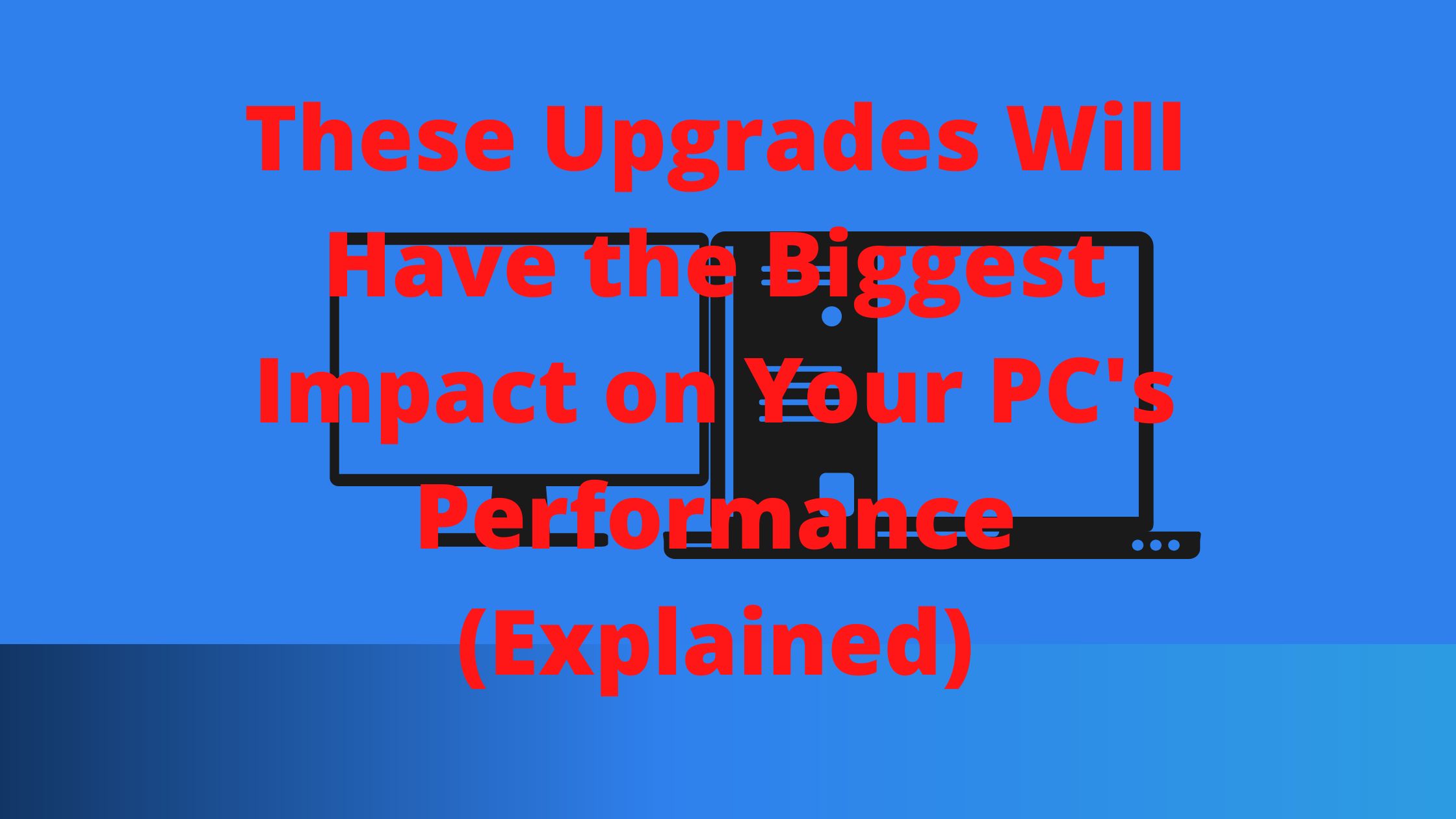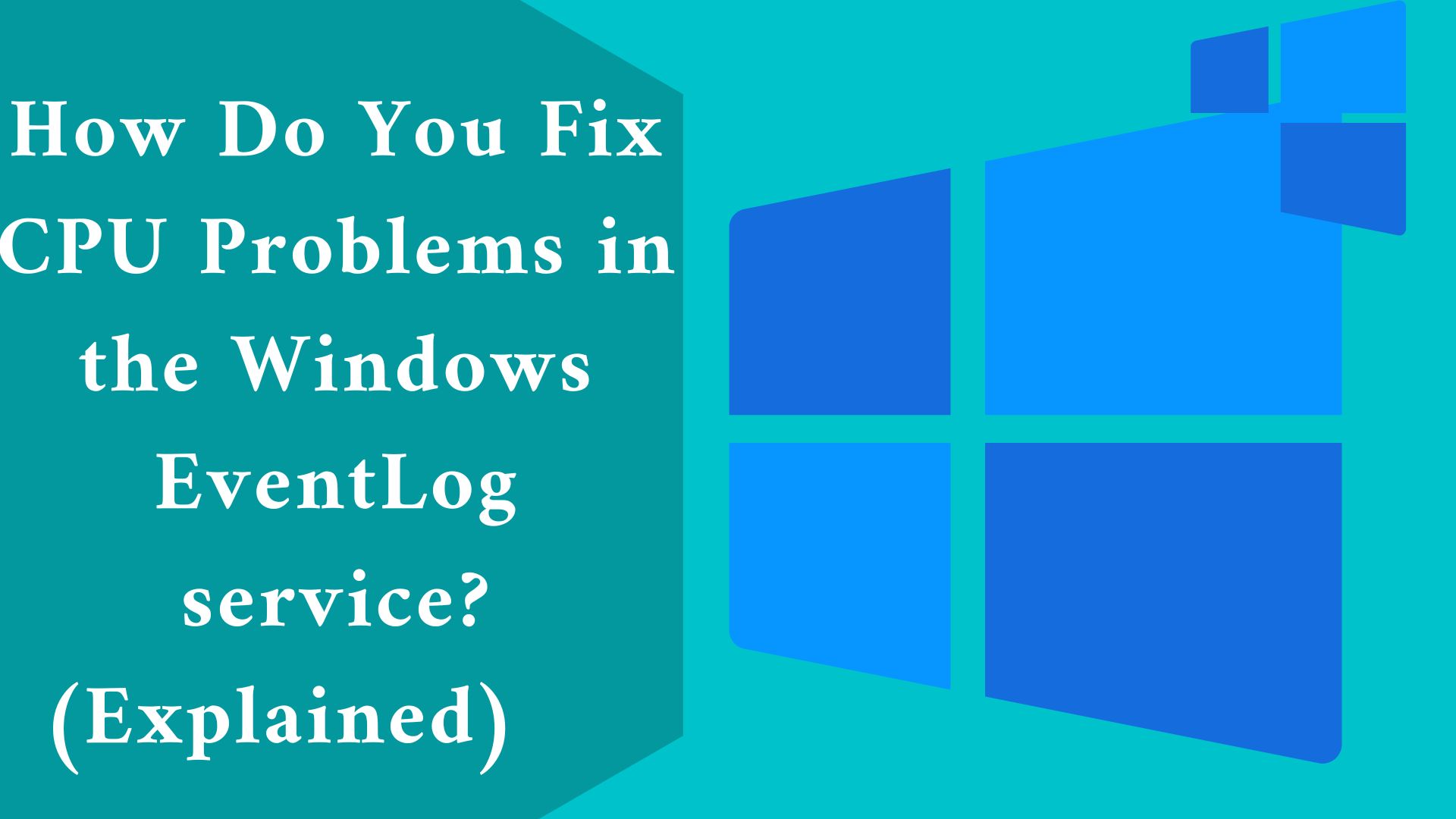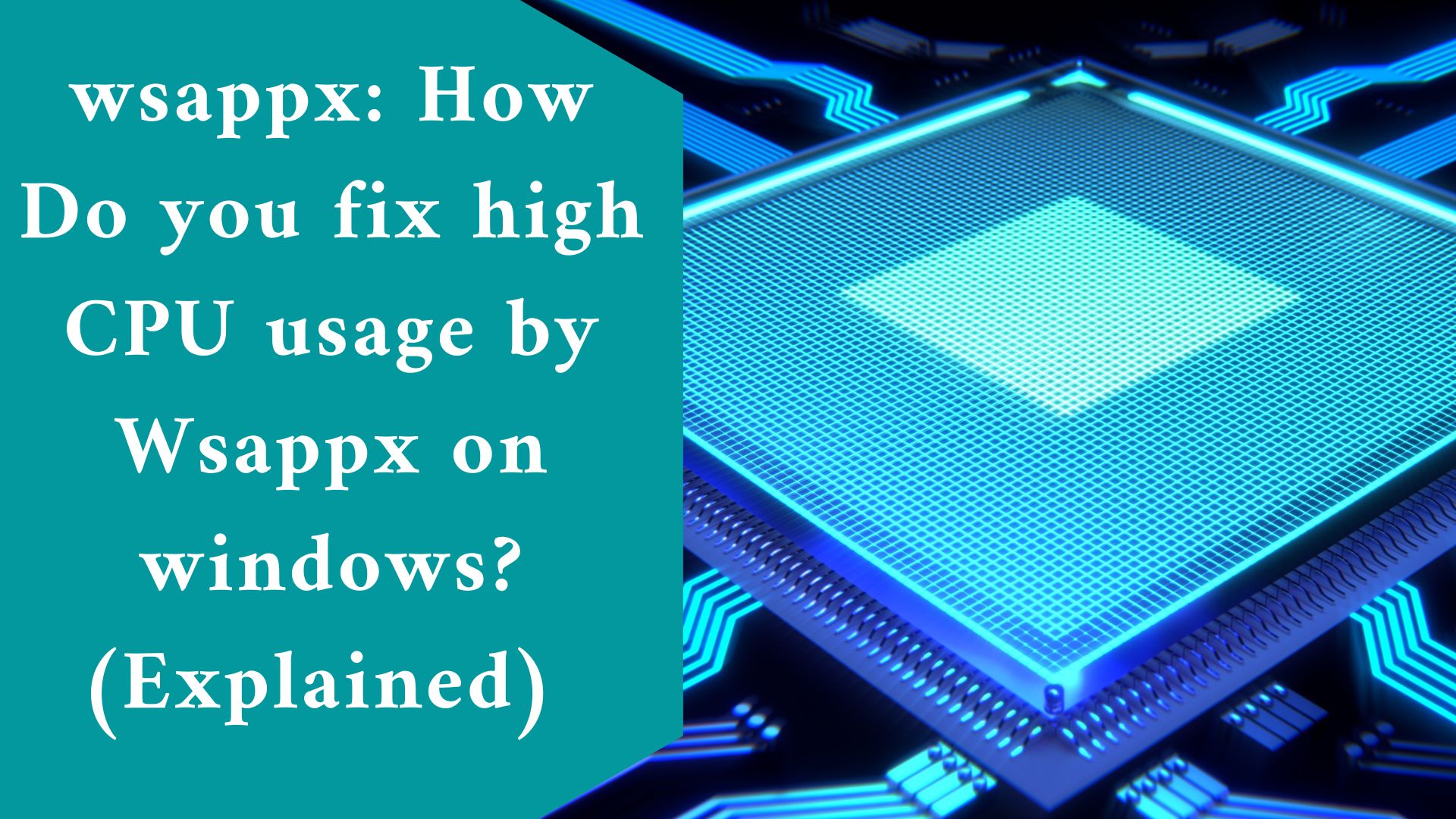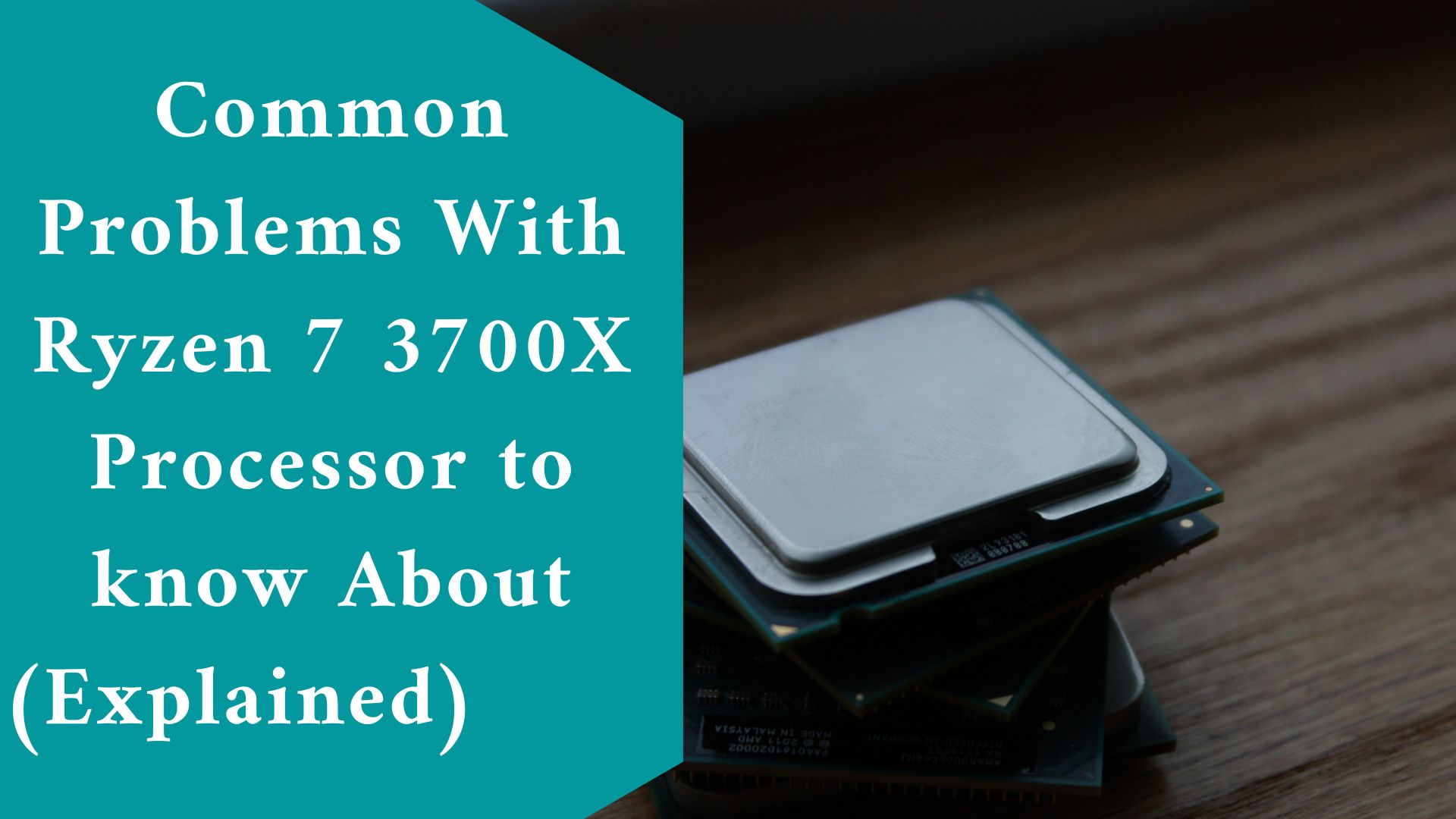What Upgrades Will Have the Biggest Impact on Your PC’s Performance? Is your computer quick enough for what you want to do? When you attempt to use Photoshop, does it take an eternity to launch or come to a grinding halt? If so, it’s likely time for a hardware upgrade.
However, you’re now considering what to upgrade on your PC. What updates are worthwhile and which ones are a waste of time? Here is our list of the top PC improvements you can make.
-
Reasons to Upgrade Your RAM
The simplest and most convenient way to improve your PC is to add extra memory. It’s doable on practically any desktop computer, cheap, and doesn’t call for a lot of technical expertise. In addition, if your laptop supports it, it’s one of the greatest improvements.
This is the place to start if you’ve never opened a PC case before.
Almost all slow-running PCs receive an immediate performance boost from RAM upgrades. For resource-intensive operations like video editing or gaming, the more RAM you have, the better.
Extra RAM will allow you to run more background apps or have more browser tabs open, even if you only use your computer occasionally.
How Much RAM Do you therefore need?
- The bare minimum is 4GB. With up to 10 browser tabs, a little photo editing, and video streaming, it’s suitable for everyday use. But unless you’re a light user, you shouldn’t accept this.
- A substantial improvement will be seen if you upgrade to 8GB. This is suitable for mid-level gaming, browsing with up to 30 tabs open, and editing RAW photographs.
- You should choose 16GB for harder tasks to get the best results. This amount of memory is ideal for professional-level applications like media editing and intense gaming.
To enhance the performance of your PC, you might also look at Superfetch on Windows and how it affects your RAM, as well as the finest DDR4 RAM.
Memory manufacturer Crucial has a PC upgrade advisor program that will assist you to choose the sort of memory you require if you need to know what RAM is compatible with your computer.
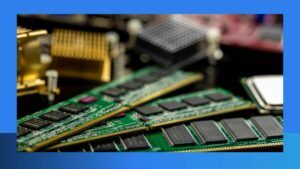
-
Upgrade the graphics card if you can.
This is number two on the list, although if you’re a dedicated gamer, you should probably upgrade it first. You might never need to upgrade it at all if you aren’t a professional gamer, 3D modeler, or 3D animator.
PC makers frequently choose integrated graphics cards over discrete graphics cards since doing so is a simple method to save costs.
Additionally, integrated graphics in contemporary systems satisfy the majority of users. You can use it to work in Photoshop or view a 4K video. On Steam, just 10% of users even play games with integrated graphics.
However, upgrading to a GeForce RTX 3070 or similar graphics card will give you a significant performance gain if you do require superior graphics performance for gaming or VR work. At gpu.userbenchmark.com, you can contrast the performance of specialized cards with your present choice.
-
Obtain a Quicker Storage Drive
You should upgrade your hard drive for one of two reasons: either you need more space or you want it to function more quickly.
One of the most practical computer improvements you can make is to update from an outdated hard drive to a solid-state drive.
These are much faster than ordinary drives because they employ flash memory rather than a spinning disk.
The typical write speeds for a 5400RPM drive are up to 100Mbps, a 7200RPM drive is up to 150Mbps, and a solid-state drive is over 500Mbps.
High-end SSDs feature extraordinarily fast write rates of 3300Mbps and higher, such as the Samsung 970 EVO Plus.
A speedier data drive ultimately affects the entire system. It results in quicker startup times, quicker app loading times, quicker game launch times, and improved responsiveness in apps that work with huge files (like video editing or RAW photo editing).
Space is another justification for an upgrade. You’ll need to replace your storage with a larger one if you’ve tried everything to make more room for it but are still frequently running out of room.
A full disk can affect performance in addition to making it hard to save new data. Try to keep 10GB of free space available for the operating system at the absolute least.
Solid-state drives used to be often criticized for having significantly smaller capacities and being more expensive than hard disk drives. It’s not a problem anymore.
Take a look at the SanDisk SSD Plus for an excellent example of how 1TB SSDs are already fairly widespread and relatively affordable.
That ought to be sufficient for many individuals, but if you require more room, you might want to think about a hybrid drive. This combines the two technologies to provide you with a speed/size balance.
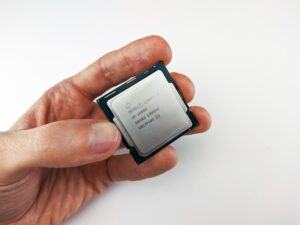
-
Processor Improvement
The processor upgrade for your PC is a far more complex task than the other upgrades we’ve discussed thus far. It’s one of the more expensive upgrades and is also physically more difficult to install. There are also concerns regarding socket compatibility.
More significantly, a processor update might not provide you the performance boost you want and isn’t always a wise idea.
You can compare the relative performances of various processors using the benchmark tests at cpubenchmark.net. These experiments generally demonstrate that little modifications don’t result in significant advancements.
A considerable improvement, such as going from an Intel Core i3 to a Core i5, or from an older generation to a newer one, is required to make a processor worthwhile. Don’t choose something merely because its clock speed is higher.
The cost of processors may necessitate upgrading your motherboard (which in turn might require you to buy new RAM). Your motherboard could require a BIOS update to function properly even though it is technically compatible with a new processor. Check before you buy because it can be a pain.
In the end, you may want to think about purchasing a brand-new system if your processor is the system’s speed barrier.
-
How Changing Your Software Can Boost Performance
Most likely, your computer’s programs are set to update automatically. If not, you most likely click the Update button as soon as you are informed that new program versions are available.
This is generally the proper course of action. Although not always. The version number is frequently shown for software in the form of Major.
Minor. Revision. Therefore, if an update is 0.0.1, bug fixes are probably included. If it’s 0.1.0, it probably contains improvements and a few minor new features. Updates to minor features and revisions should be installed immediately.
Major changes, however, which result in a change to the complete version number, are another story.
New versions of programs nearly always consume more resources than older versions, so if your PC’s hardware is already at capacity, you should take care of that first.
The same is true for updates to operating systems. Whole new versions are not necessary, but routine incremental upgrades are necessary for performance and security reasons.
They will probably have problems and operate slowly on your machine.
Hold off on operating system upgrades if your PC is functioning normally unless you are certain they won’t result in a downgrade.
Final thought
We advise concentrating on RAM, SSDs, and graphics cards when choosing the finest components to update on your PC.
The best updates are always those that are specifically catered to your needs. You can choose the appropriate hardware upgrade by taking a time to identify the problems in your system.

